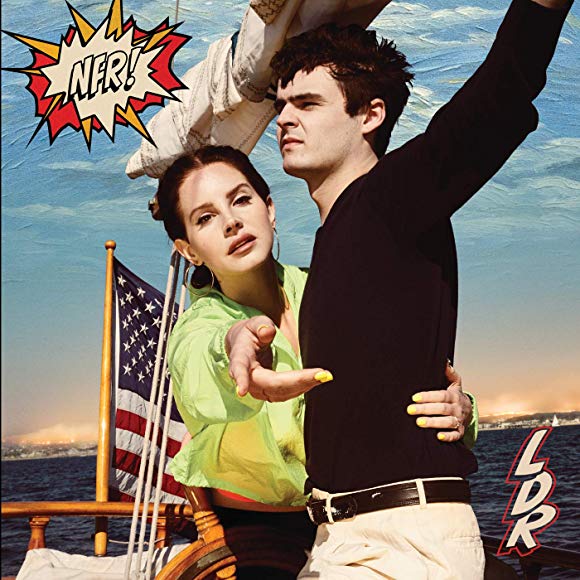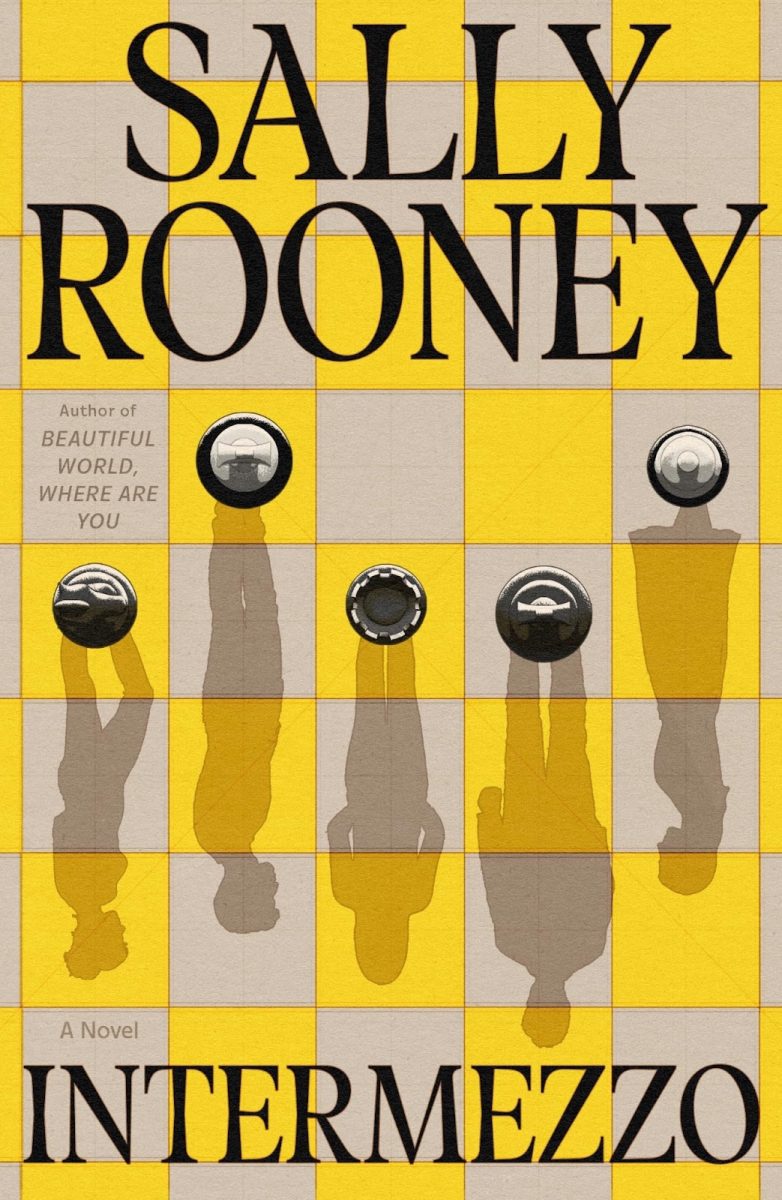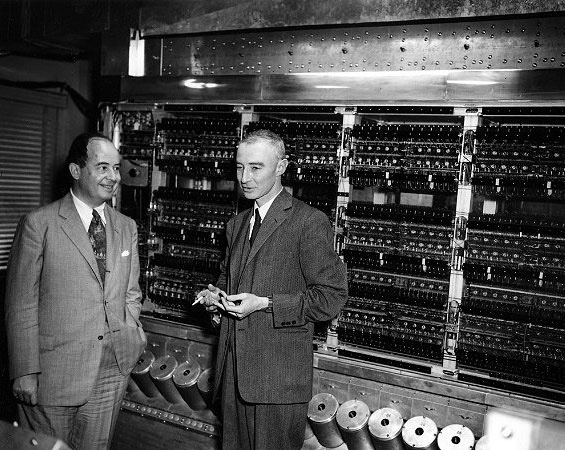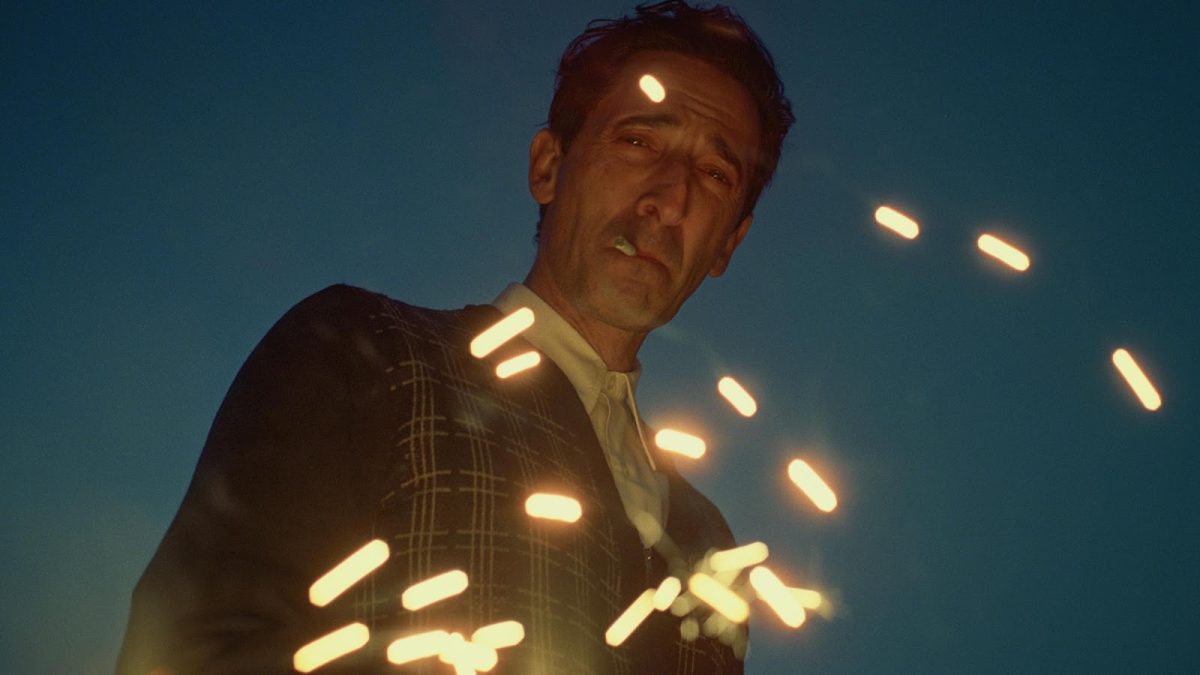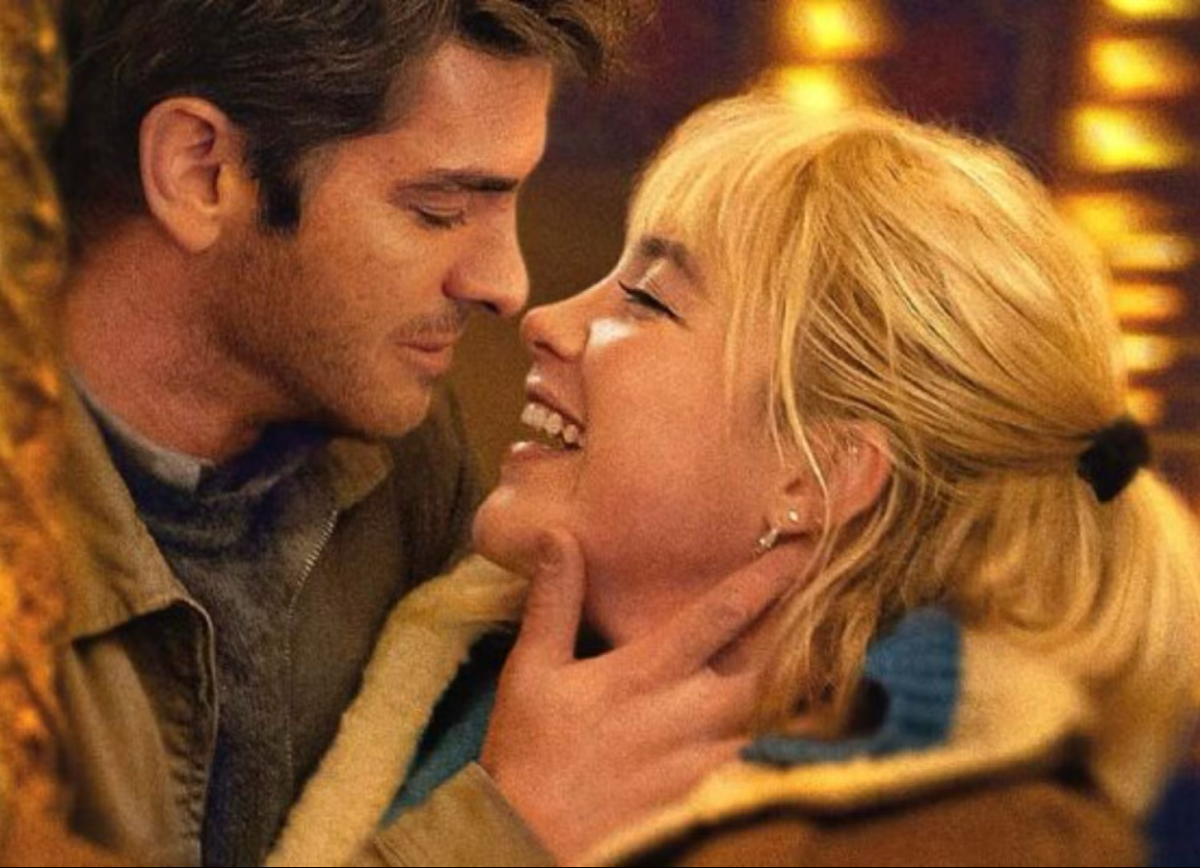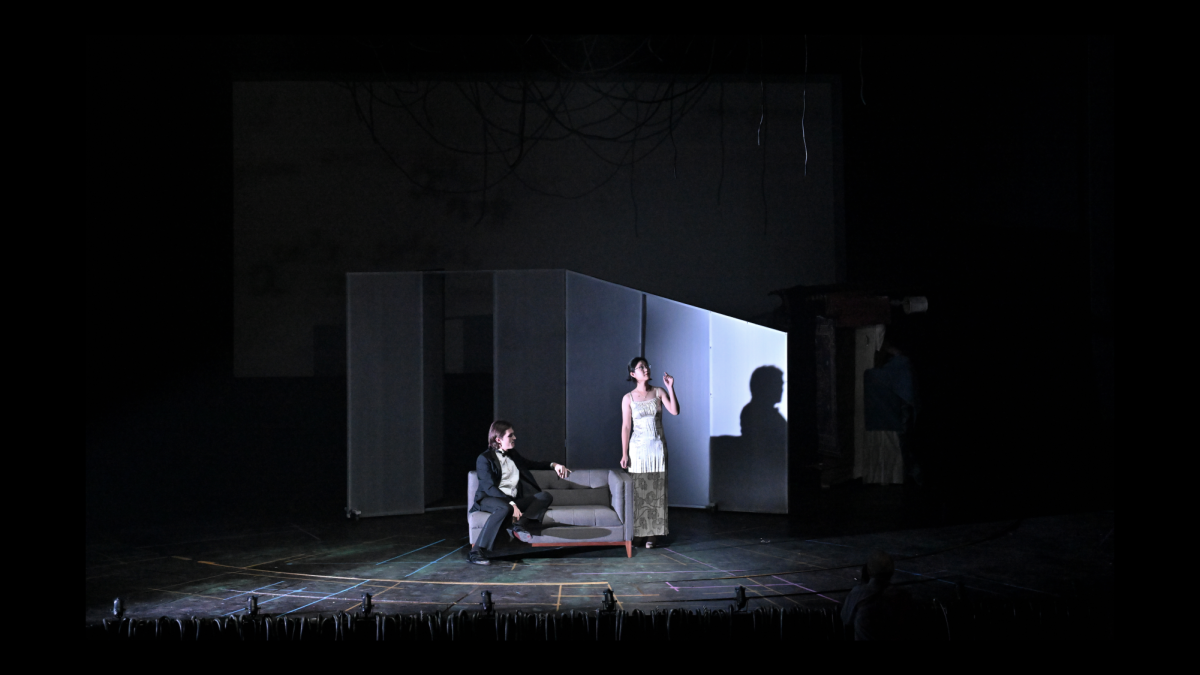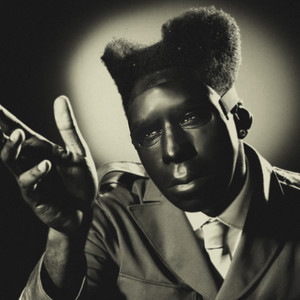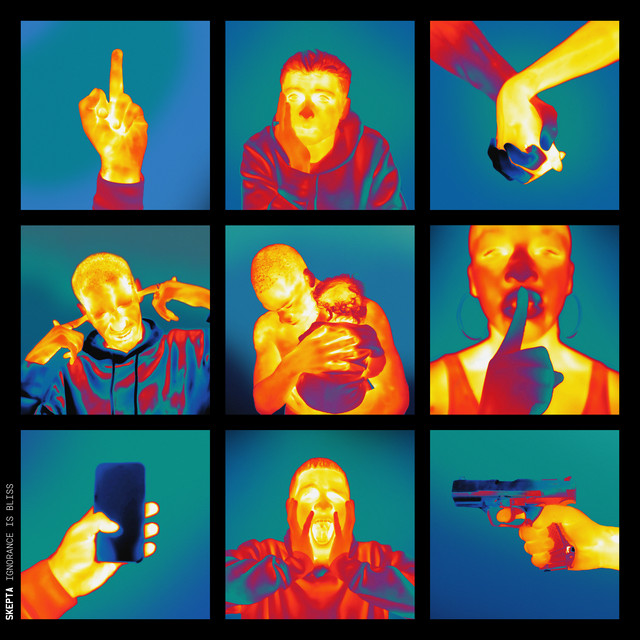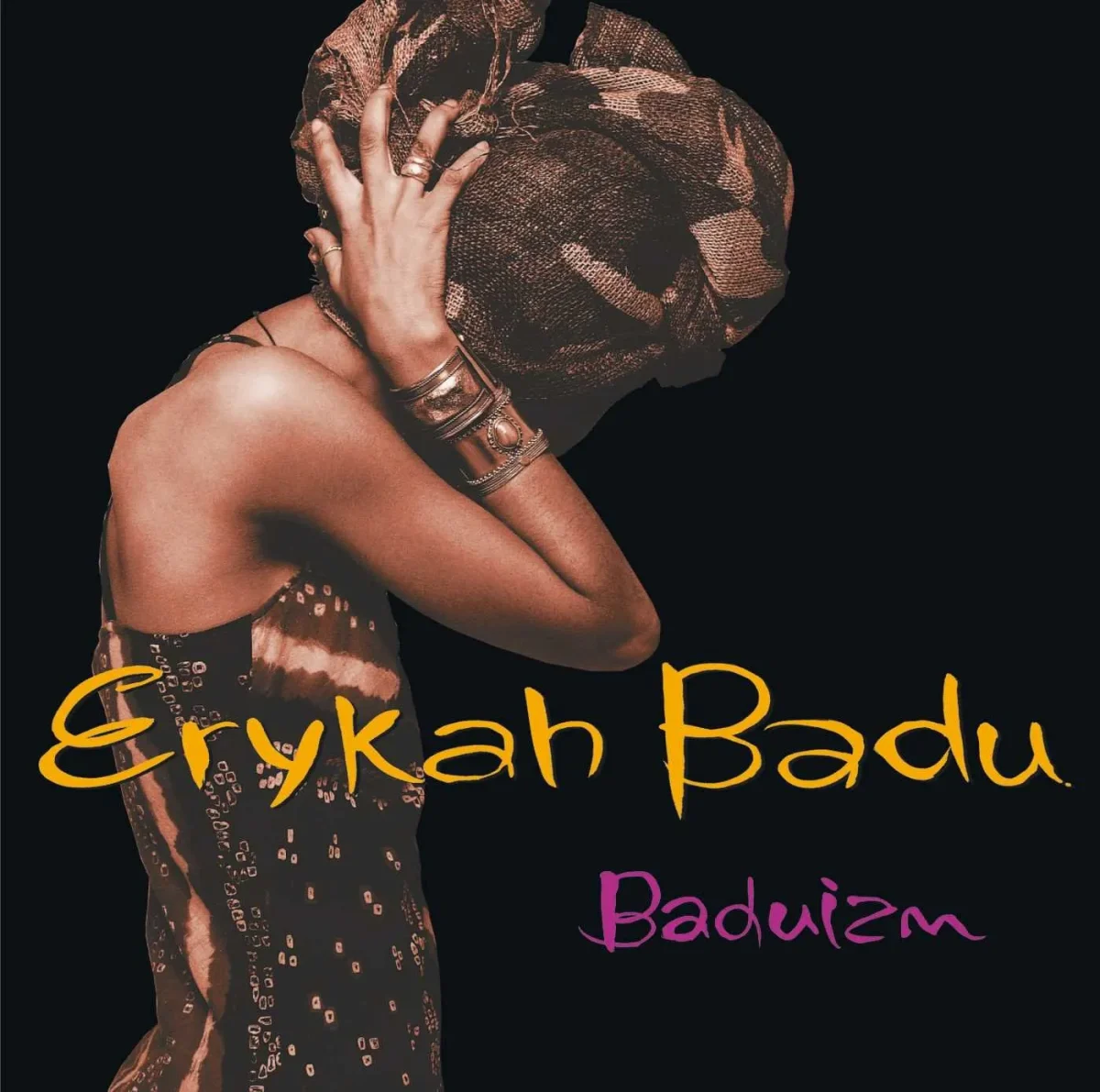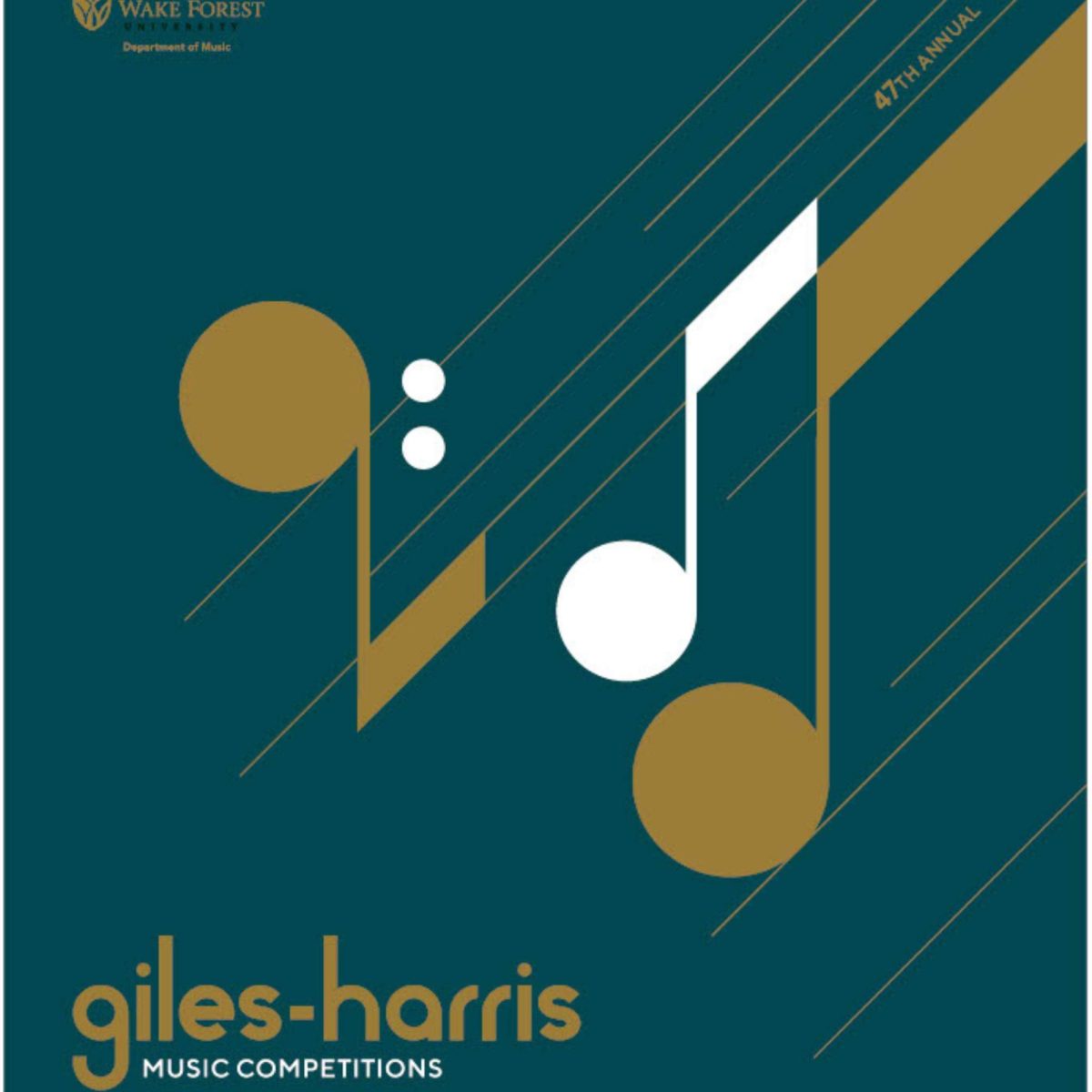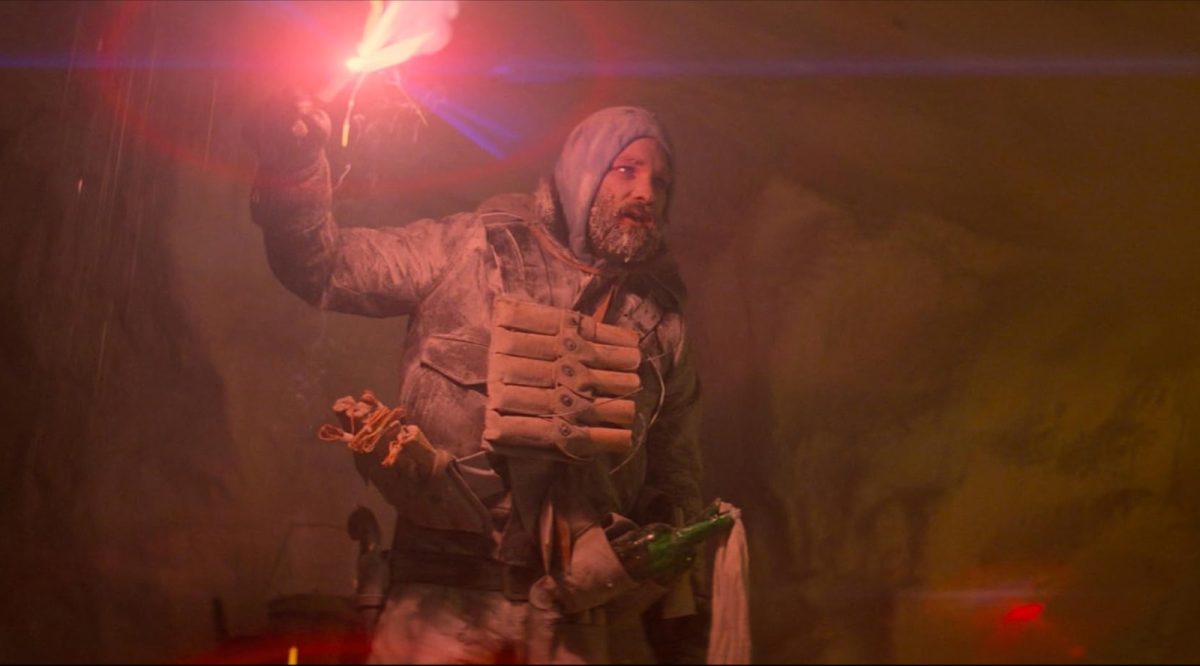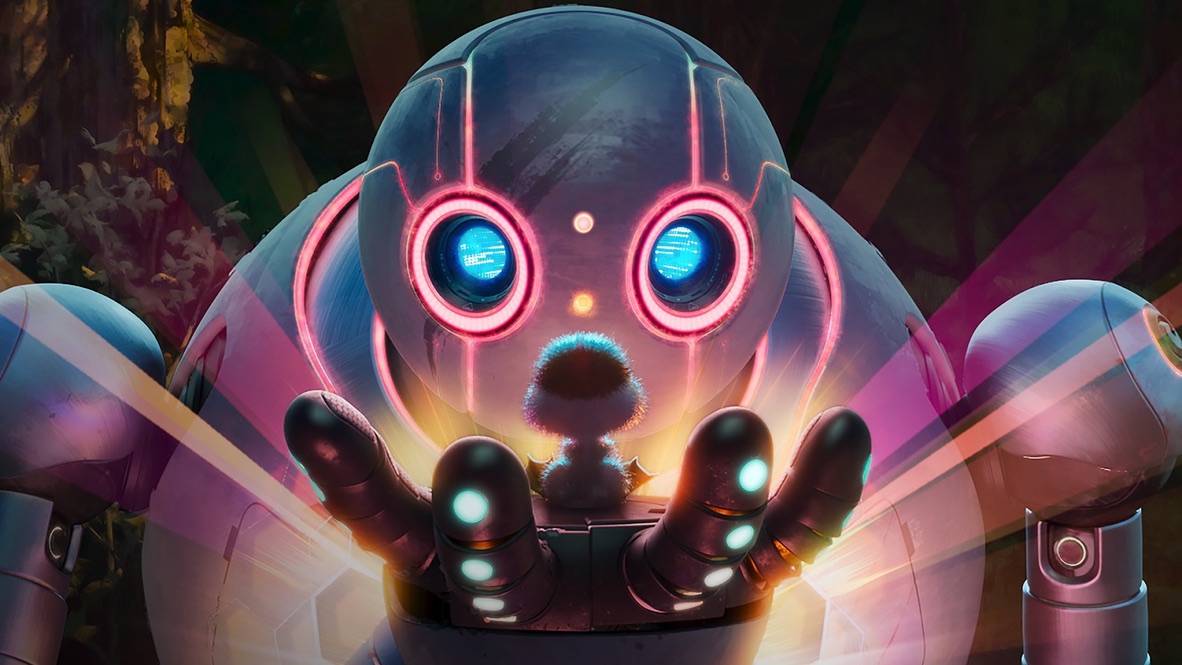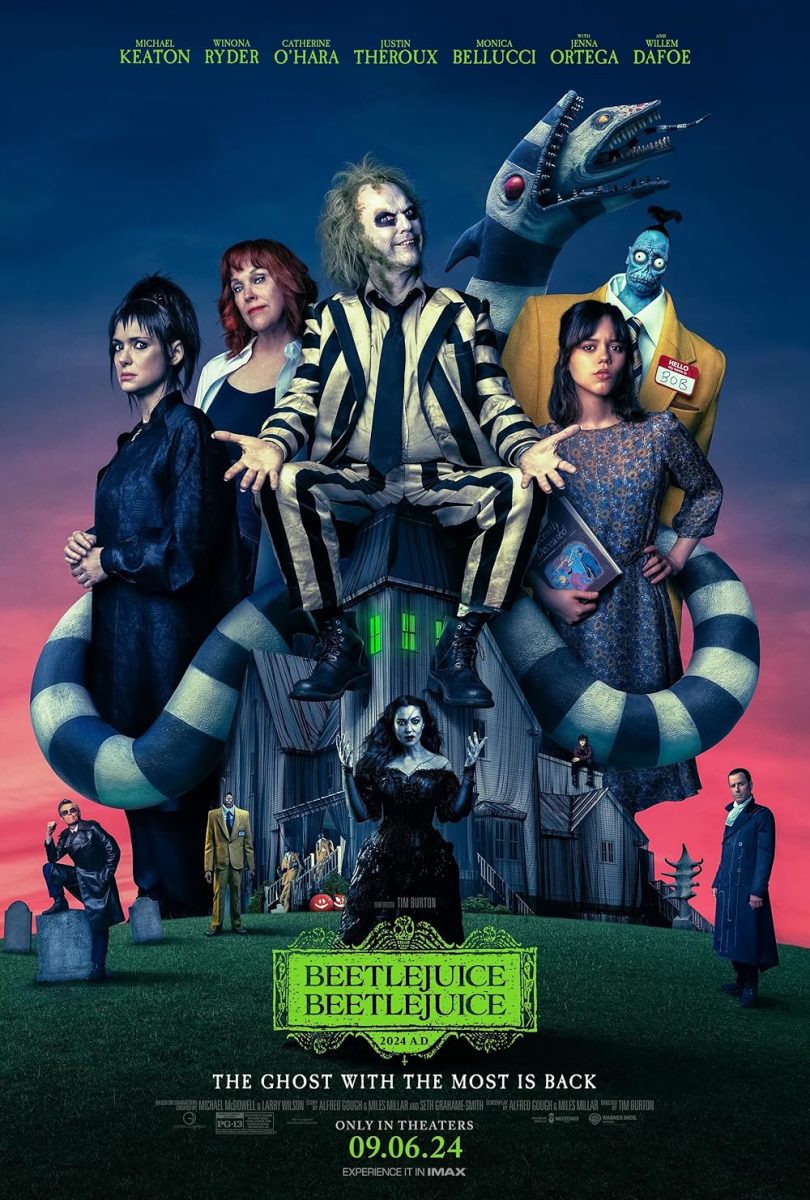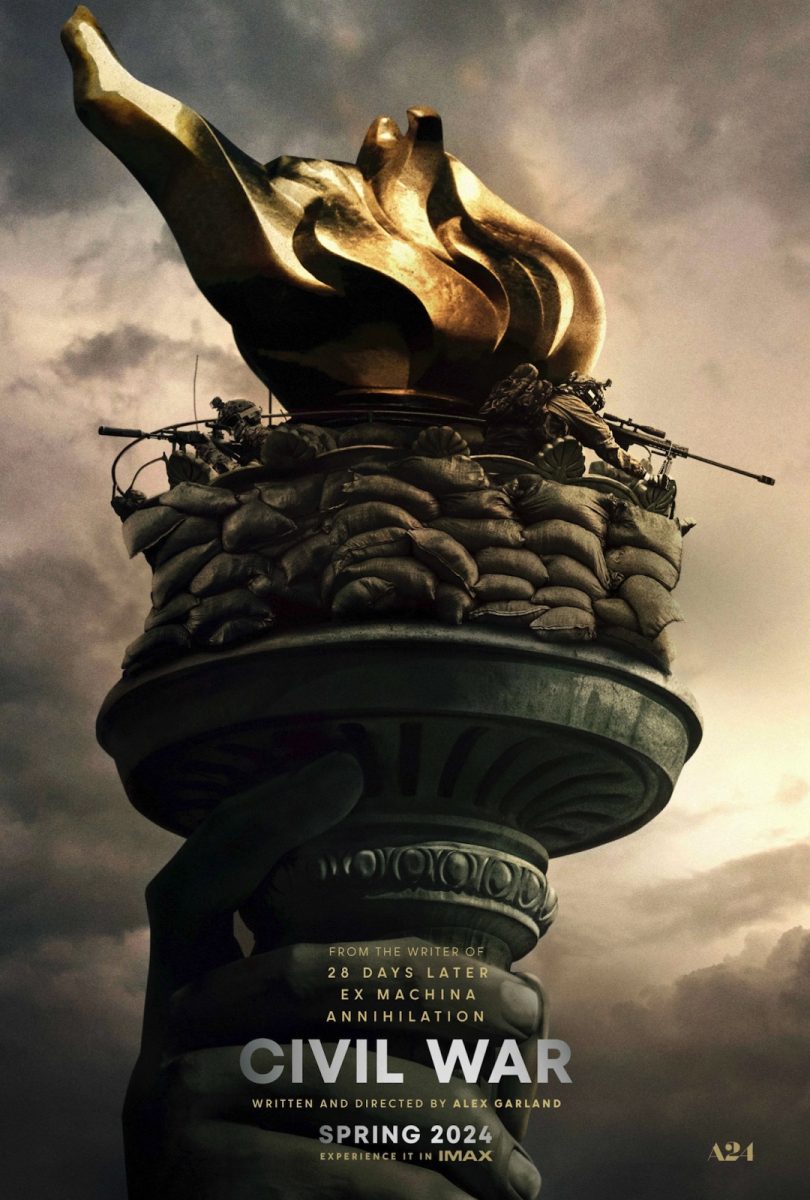Since the success of her single “Video Games” in 2011, Elizabeth Grant, better known by her stage name Lana Del Rey, has remained an enigmatic and often controversial figure in popular music. She is known for her many references to pop culture from earlier generations, her love of Americana and her glorification of glamorous lifestyles.
Her music style has varied greatly; her first studio album, Born to Die (2012), was heavily influenced by hip-hop and trip-hop, while her second album, Ultraviolence (2014), channeled classic rock. Her following albums combined these (and other) styles. Del Rey’s hybrid musical style is unlike anyone else’s in music right now, though her influence on artists like Billie Eilish cannot be understated.
On Aug. 30, Del Rey released her fifth full-length studio album, Norman F**king Rockwell!, abbreviated as NFR!. The album, produced by Jack Antonoff, the producer of Lorde’s Melodrama (2017), the lead singer of “Bleachers” and the producer of many of Taylor Swift’s songs, is Del Rey’s best yet. The lyricism is sharp and poetic, the melodies are gorgeous and Antonoff’s production is excellent. It’s apparent that Del Rey’s songwriting and performance abilities have greatly improved since the beginning of her career. From a musical perspective, the majority of the songs on NFR! are centered around piano and vocals. Still, the rock, folk, pop and hip-hop influences shine through.
From a lyrical perspective, NFR! is much more introspective, self-aware and assertive than her previous albums, which demonstrates Del Rey’s evolution as a musician and person. Compared to her previous works, her sincerity is notable. Although the album still contains many Lana-isms, such as “If he’s a serial killer, then what’s the worst / That could happen to a girl who’s already hurt?” (“Happiness is a butterfly”), Del Rey is more willing to critically examine her messy relationships than she was earlier in her career.
She appears to be less interested in putting forth a persona of tragedy and opulence and more interested in genuine reflections and observations about the state of her life and the world. Her lyrics read like a cross between confessional poetry and a heartfelt letter. One striking lyric showcases this in particular: “There’s things I want to say to you, but I’ll just let you live / like if you hold me without hurting me / you’ll be the first who ever did” (“Cinnamon Girl”).
Del Rey’s honesty and vulnerability is particularly noticeable in “hope is a dangerous thing for a woman like me to have — but I have it,” one of the best songs from her entire catalogue. The moving lyric “Don’t ask if I’m happy, you know that I’m not / But at best I can say I’m not sad” stands in sharp contrast to her proclamation “I wish I was dead” on 2012’s Born to Die. Del Rey hasn’t abandoned the ennui that characterized her previous works, but she has shifted from entirely focusing on the darker things in life to acknowledging and appreciating the complexities of experience.
In essence, NFR! is a sincere and poignant meditation on what it means to be alive in a tumultuous time in one’s personal life and in the world. It is a beautiful, profoundly moving, and cohesive work and del Rey’s masterpiece up to this point.


